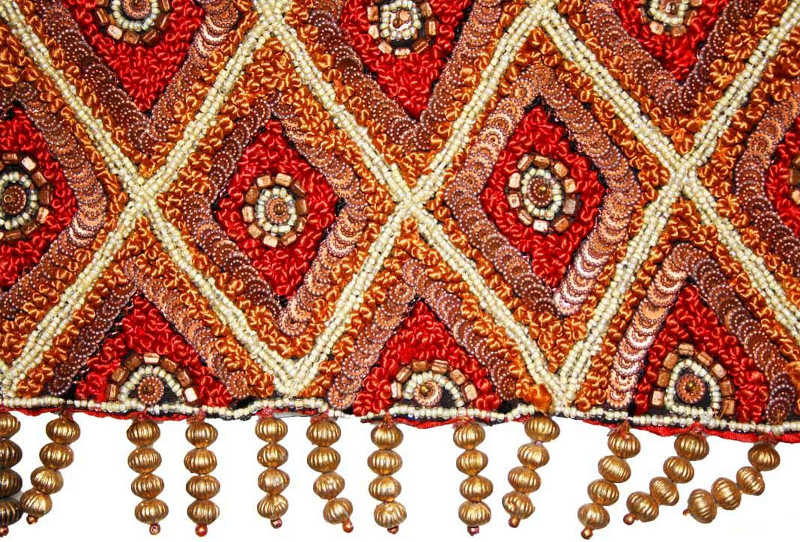===
0700,
5
===

=== |
 |
ʿiṣmat ko apnī vāñ to rote malak phireñ haiñ
laġhzish huʾī jo mujh se kyā ʿaib maiñ bashar thā
1) the angels have wandered around, there, bewailing [the loss of] their honor
2a) {if / since / in that} a slip was made by me, what's the problem/fault?! -- I was a human
2b) the slip that was made by me-- what's the problem/fault?! -- I was a human
ʿiṣmat : 'Defence, protection, preservation (esp. fr. sin); —honour, integrity; continence, chastity'. (Platts p.762)
laġhzish : 'Slipping, sliding; stumbling, falling; shaking, tottering, trembling; a slip, slide, &c.; offence'. (Platts p.958)
ʿaib : 'Faultiness, unsoundness, imperfection, something amiss, fault, defect, blemish, infirmity, vice, crime, sin; disgrace, infamy'. (Platts p.767)
FWP:
SETS == IDIOMS; JO
MOTIFS
NAMES == ANGELS
TERMSThe idiomatic pleasures of kyā ʿaib are supplemented by the enjoyable colloquialness of the jo , which can have the same possibilities as kih (in 2a) and can also be a relative pronoun (in 2b). The result is to give the whole line a certain cavalier carelessness that works very well as a contrast to the first line.
SRF points to the story of Harut and Marut, but there are other, more general possibilities as well. The story in Qur'an 2:30-34 emphasizes the special chosenness of Adam as a divine 'viceroy', even though the angels point out in verse 30 how Adam will (in A. Yusuf Ali's translation) 'make mischief and shed blood'. God privately teaches him 'the names of all things', and then rebukes and humiliates the angels when Adam knows the names and they do not. The angels are then required to bow down before Adam (which they all do except Iblis).
Along these lines, if Adam has made some kind of a 'slip', it is first of all only to be expected (since the angels have noted that he was destined to misbehave), so that 'I was a human' can sound not necessarily ashamed, but perhaps at least slightly apologetic. But it'a also clear that Adam enjoys God's special favor, so that 'I was a human' can sound like a claim of privilege (Adam had a liberty and even license that the poor dishonored angels could only dream of).
And needless to say, Mir leaves it to us to decide for ourselves what this 'slip' might have been.